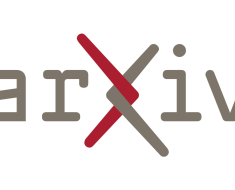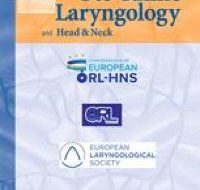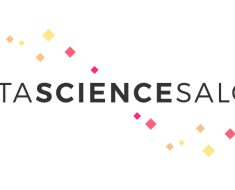
AI could generate $60-110bn a year in economic value for pharma and medical product industries, that is according to a report by McKinsey. This will largely come from increasing productivity and accelerating the process to discover new compounds for drugs, quickening how they are approved, and improving their marketing.
However, there is more to the report than numbers. Accelerated drug discovery can help to treat more conditions quickly, which could be a game changer for orphan diseases. Getting insight from big data will also enable more personalised treatment and outcomes. Generative AI can also make efficiencies for researchers’ time so they can focus even more on what they do best.
There will be challenges, though. Difficult strategic decisions and operational challenges lie ahead. This will be a fast-changing area and risks will emerge quickly.
The way the pharma and life sciences industry treats disease is evolving at a rate of knots. Business needs to move quickly, and adopting AI needs top level commitment and a mix of skills in the right structures and environment to make this happen. Trying to do too many different things in one go, however, will cause problems.
Key things to note from the report in debunking AI myths are:
- Generative AI on its own cannot do everything.
- It cannot just be plugged into existing datasets, but the right data architecture needs to be in place. To make this happen, data scientists will need to collaborate closely with leaders in business strategy, medical affairs, and legal and risk to set priorities and execute strategies.
- AI will not happen on its own – business leaders will need to analyse their business and create a strategic road map to optimise where the impact can be best applied in their business. Most use cases will be in four main categories – knowledge extraction; content and compound generation; customer engagement; and coding and software generation.
On drug discovery, McKinsey notes that our understanding of disease is advancing, but the process and cost of developing new drugs is rising – currently, 10 years and $1.4bn for each successful new drug, on average. Generative AI can be used to:
- Better extract knowledge
- Screen compounds
- Optimise molecule design
- Analyse the use of real world data
- Optimise the trials and application by understanding patients better
There can also be efficiencies in gathering, presenting and assessing clinical trial data
Other areas will be improvements to more efficient sourcing, streamlined manufacturing with less downtime, understanding deviations in quality, and supply chain planning and reduction of bottlenecks. Generative AI will enable the search and analysis of large bodies of text to give greater insight.
On commercial opportunities, generative AI will enable more personalised interaction with healthcare professionals and patients.
The report mentions risks involved in AI, including intellectual property infringement and data privacy, as well as the high stakes nature of treating disease. AI hallucinations will be a risk, although these can be mitigated by human review.
Hear more about impact of AI on pharma
There is no doubt that AI in pharma is the hot topic right now.
The 2024 PING Conference is entitled ‘AI in Pharma – Threat or Opportunity?’. We will be hearing from leading speakers on topics such as:
- An overview of AI in pharma – threat or opportunity? What is happening in the AI world in pharma now? What are the opportunities and threats to pharma from big tech?
- Is AI actually transforming drug discovery and product development for the better?
- How ethical and risky is AI? Can AI be used to solve healthcare disparities?
- Using AI – is it legal?
- How do you get the most out of marketing data using AI? What are your competitors up to?
- Designing and choosing AI solutions – what does it take to go live?
If you have any thoughts on AI in pharma and life sciences, or would be interested in being invited to the 2024 PING Conference, please contact Paul Gershlick in our Pharmaceuticals and Life Sciences team on 07795 570072, or complete the form below.





